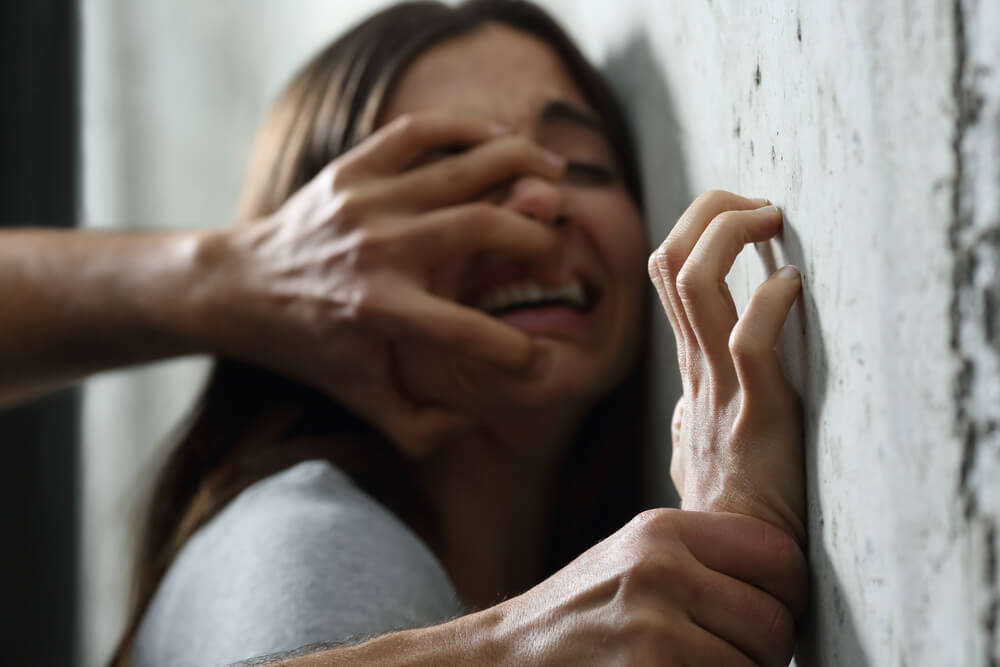Genoese syndrome is a concept used to describe the psychological phenomenon in which a person does not provide assistance and immobilizes himself when he or she observes an emergency situation in which he or she is expected to provide support to another person who is in significant danger. Isn’t that right?
The name of this syndrome is the result of a 1964 crime in the United States in which a woman named Kitty Genovese was stabbed in front of her apartment at dawn and in front of witnesses, no one has done anything to help her.
- The impact of the information has been such that.
- Since 1968.
- Social psychology has sought to respond to this phenomenon.
- Why did the witnesses not act? According to surveys.
- It appears that the chances of helping others increase considerably because there are fewer people at the scene of the problem.
On March 13, 1964, new York’s murder occurred, although many were already examples of the loneliness of those living in big cities and the lack of mutual interest of their inhabitants, this case has become an uncomfortable symbol of the type of social activity. apathy that characterizes large urban centers.
The account of the events, according to the police report, is as follows: Kitty Genovese returned home in the early morning after a hard day’s work, parked near her apartment and, upon leaving the car, was attacked by a man who was running. quickly towards her and stabbed her twice in the back.
His cries for help were lost in the solitude of the night, with none of the people nearby offering help. Within minutes, the assailant fled leaving her seriously injured.
After a few moments, the killer returned to the crime scene and found his victim lying on the floor at the entrance of the building, and continued to practice his cruelty for about half an hour.
Minutes after the attack, a witness himself called the police, when medical assistance arrived, it was not possible to save the life of Kitty, who died in the ambulance on the way to the hospital.
A few days later, Winston Moseley, the attacker, was discovered, was a married machinist with two children, who under pressure from the authorities not only confessed Kitty’s crime, but claimed to have committed other murders.
Moseley’s psychiatric examination revealed that he had necrophilic behavior and an antisocial personality, was sentenced to life in prison for murder and spent the rest of his life in prison.
Genoese murder caused a lot of noise in the country and instantly became a topic of controversy, especially after it was discovered that at least 38 people had witnessed the assault at some point.
A total of 38 citizens witnessed the attack at some point, but no one came to the victim’s aid, without even calling the police until the crime was over Why hasn’t anyone done anything to help him?
When reflecting on the subject and leaving aside psychological theories, this event should make us reflect on the quality of the society we build, on the values on which it is based, or even on its possible absence.
The Genoese case has caused numerous social unrest and has led to several psychological and psychosocial studies. John Darley and Bibb Latané analyzed the case in depth and developed the theory of the extent of responsibility.
This theory is based on what is called the bystander effect or Genoese syndrome, which, to put it very simply, holds that someone is less likely to respond in an emergency when more people are nearby than when they are alone.
Thus, this phenomenon can be explained by the principle that observers tend to assume that someone else will intervene, so that in the end everyone refrains from acting, to these conclusions came Darley and Latané after an interesting social study.
Reasons given for this result include
As a final reflection, we must add that in the face of this phenomenon, we see the danger of human passivity.
In fact, if as citizens we are not aware of this reality and do not try to combat it, we can create a situation of denial of social support.
Genoese syndrome should serve to raise awareness of the social aspects on which we can improve greatly, so that events like this never happen again.

